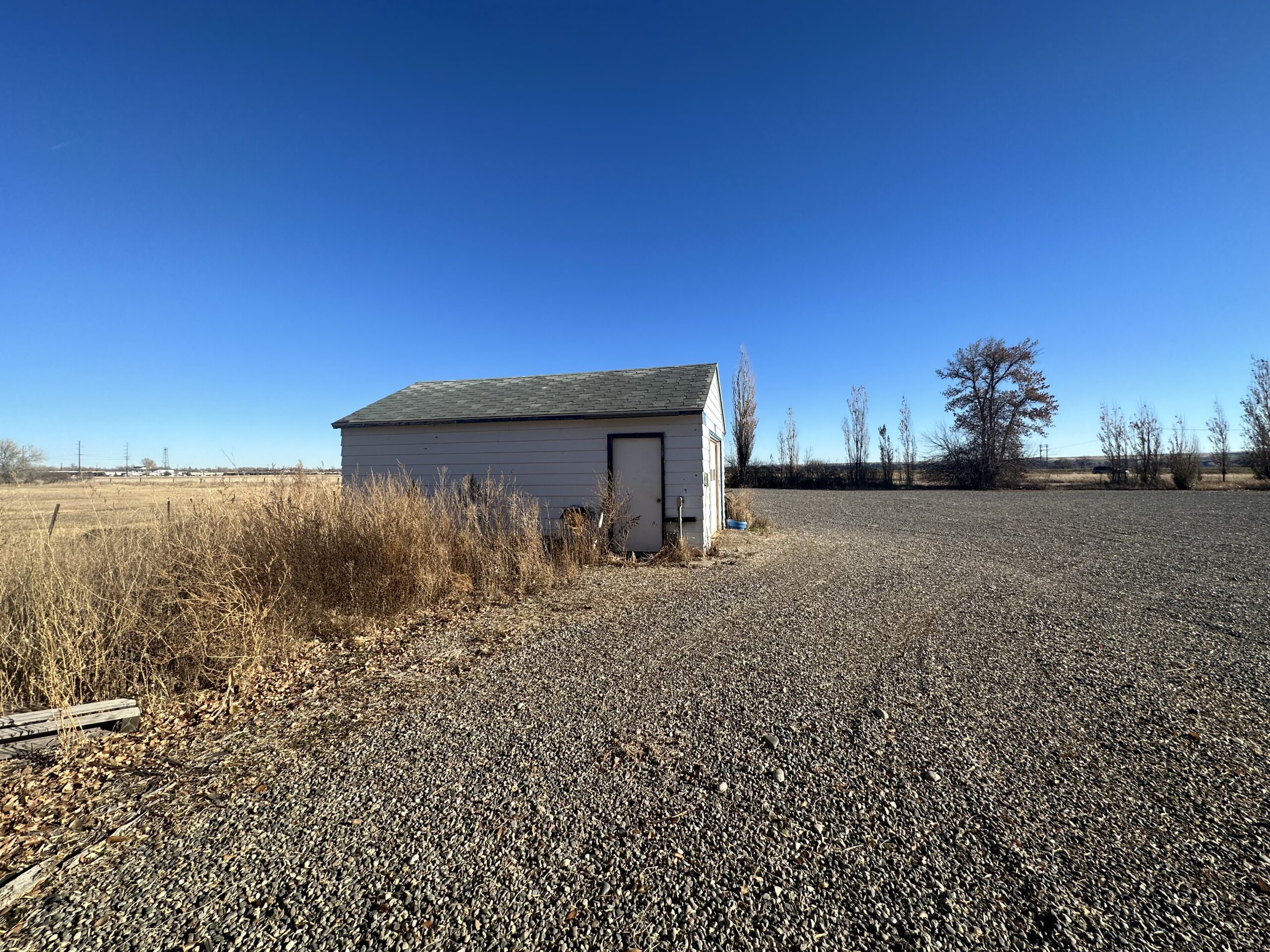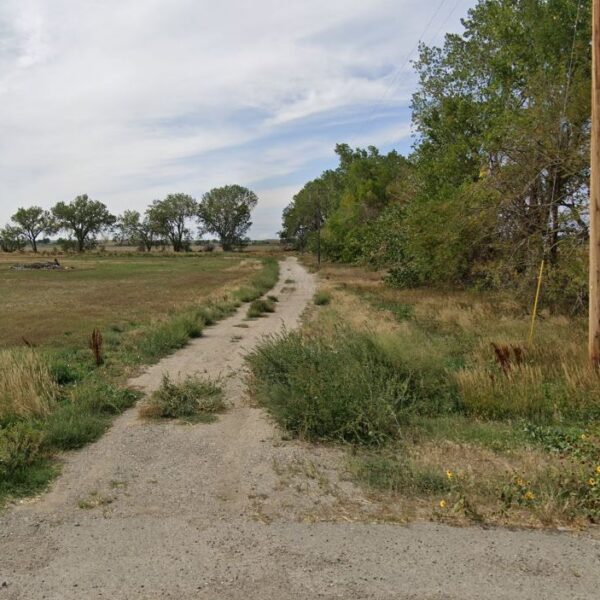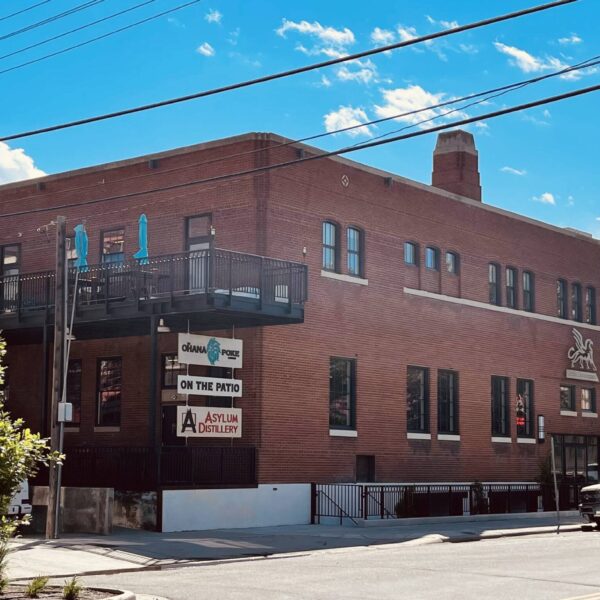Billings, Montana, situated in the heart of Yellowstone County, represents a unique and promising market for land sales. With its expansive landscapes, strategic location, and growing economy, this region offers a wealth of opportunities for investors, developers, and individuals seeking land for various purposes. This article explores the key aspects of navigating land sales in Billings and the broader Yellowstone County, providing insights into what makes this area an attractive option for land acquisition.
Billings, MT: A Hub of Opportunity
Billings stands as Montana’s largest city, not only serving as a commercial hub but also as a gateway to the natural beauty and resources of the region. The city’s economy is diverse, with strong sectors in healthcare, energy, and agriculture underpinning the demand for land across commercial, residential, and agricultural uses. When considering purchasing land in Billings, potential buyers should assess several critical factors:
- Economic Growth: The city’s ongoing economic development initiatives and growing sectors can impact land values and investment potential.
- Infrastructure Developments: Upcoming infrastructure projects can enhance accessibility and utility services, making certain areas more desirable for development.
- Community Plans: Understanding the city’s long-term planning and zoning changes can provide insights into future growth areas and land use restrictions.
Yellowstone County: Exploring Rural and Urban Land Sales
Beyond Billings, Yellowstone County offers a mix of urban convenience and rural tranquility, presenting diverse options for land buyers. From agricultural lands that support the county’s farming heritage to parcels suitable for commercial development near major transportation routes, the county caters to a broad spectrum of needs. Key considerations for purchasing land in Yellowstone County include:
- Location and Accessibility: The proximity of land to Billings and other communities within the county can influence its value and suitability for certain types of development.
- Natural Resources and Scenery: Land in Yellowstone County often comes with the added value of natural beauty and resources, which can be a deciding factor for residential developments or recreational uses.
- Regulatory Environment: County regulations, including zoning and land use policies, play a crucial role in determining what can be built on a parcel of land and should be carefully reviewed.
Making Informed Decisions
The decision to purchase land in Billings or Yellowstone County should be guided by thorough research and a clear understanding of one’s objectives. Whether the goal is to develop a residential community, establish a commercial venture, or hold land for investment purposes, several steps can ensure a successful acquisition:
- Conduct a Comprehensive Market Analysis: Analyzing current market trends, land prices, and future development plans can help buyers make informed decisions.
- Engage with Local Experts: Real estate agents, land planners, and legal advisors familiar with the Billings and Yellowstone County markets can provide invaluable guidance throughout the buying process.
- Consider Environmental and Geographical Factors: Assessing the land’s topography, soil quality, and potential environmental constraints is essential for determining its suitability for intended uses.
Conclusion
Billings, MT, and Yellowstone County offer a dynamic market for land sales characterized by a blend of urban and rural opportunities. By understanding the factors that drive demand and value in this region, potential buyers can identify parcels that align with their strategic goals. With careful planning and the right advice, investing in land here can offer rewarding outcomes, contributing to the area’s growth and the buyer’s objectives.








